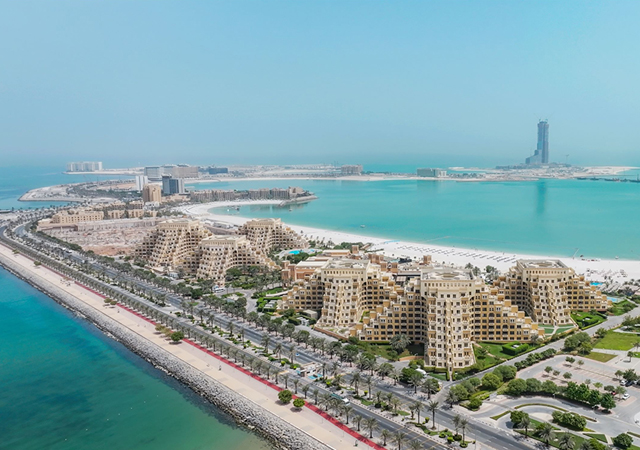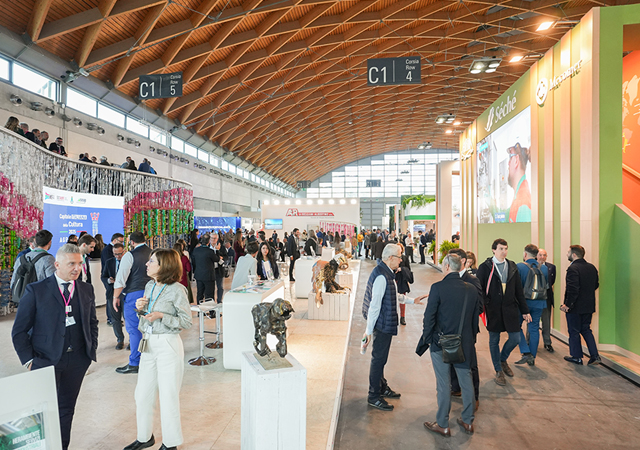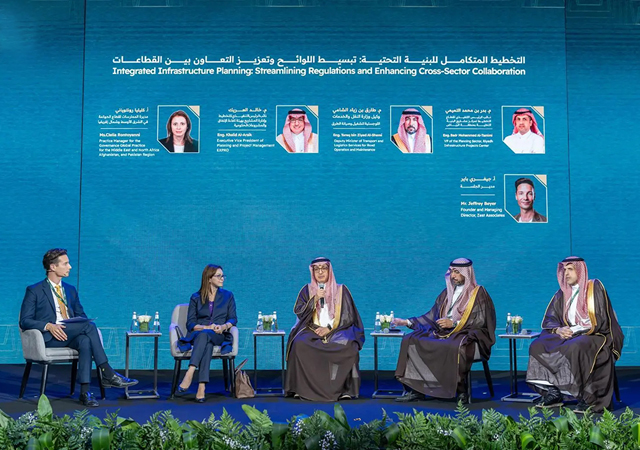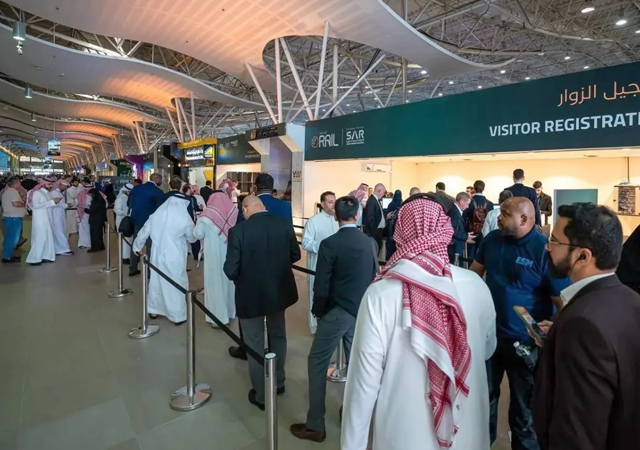
THE estimated SR37.5-billion ($10 billion) Haramain High-Speed Rail (HHR) is expected to have a major impact on the lifestyle and real estate sector of the cities that it links – namely Makkah, Madinah, Jeddah and Rabigh – when it opens next year.
Originally planned to open in 2012, the 450-km railway project is likely to have a phased opening with the Madinah-Rabigh section slated for launch at the end of next year.
Transport Minister Jabara Al Seraisry said recently that 80 per cent of the project had been completed and that railway lines had been laid in some places. Civil works for the project was awarded in March 2009 to Al Rajhi Alliance, which comprises China Railway Construction Corporation (CRCC), Al Arrab Contracting Company, Al Suwailem Company and the French power and rolling stock company Alstom Transport.
Ferrying passengers at speeds of up to 300 km per hour and transporting a total of 19,600 passengers in an hour, the railway will be the first high-speed electric train designed to suit the environment of the Middle East, according to Mohammed Al Suwaiket, president of the Saudi Railway Organization (SRO). The railway will carry more than 20 million passengers per year.
The project includes high-speed trains fitted with the latest equipment and five ultra-modern passenger stations – one each in Makkah, Madinah and Rabigh and two in Jeddah, he added.
The stations will be located in Makkah Central, Madinah, King Abdullah Economic City in Rabigh, Jeddah Central and King Abdul Aziz International Airport in Jeddah.
A consortium comprising Saudi Binladin Group and Yapi Merkezi Construction is constructing the Makkah and Madinah stations; and El Seif Engineering Contracting Company, Astaldi and Saudi Oger are responsible for the Jeddah and King Abdullah Economic City stations.
Al Suwaiket said that 86 per cent of the construction work of Makkah Central station has been completed at a cost of more than SR3 billion ($800 million).
The first Spanish-made train for the project will arrive in Jeddah Port by this month (December), according to Al Suwaiket. It consists of the power head and 13 passenger carriages.
He said 3,000 workers are currently employed on the project, with Saudis accounting for 70 per cent of the total.
Apart from relieving road congestion for millions of pilgrims and citizens, the rail track is expected to cut down the travel time between Makkah and Madinah to two hours, and between Jeddah and Makkah to half an hour.




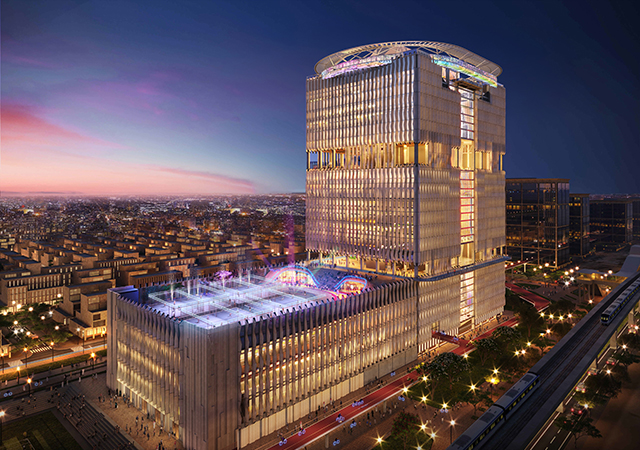
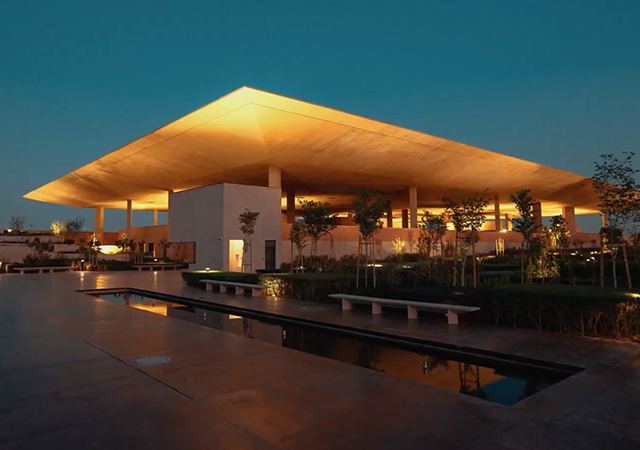

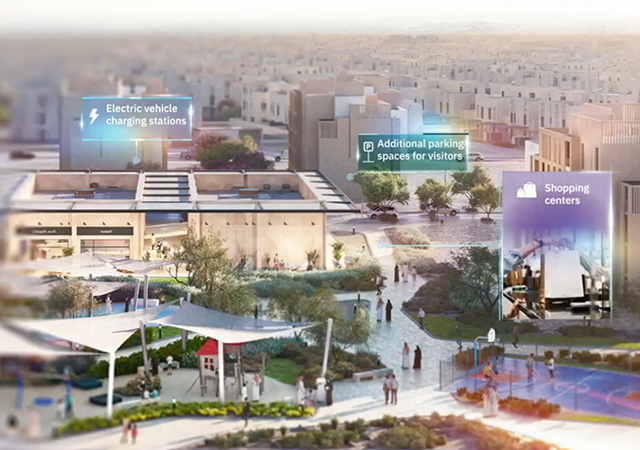
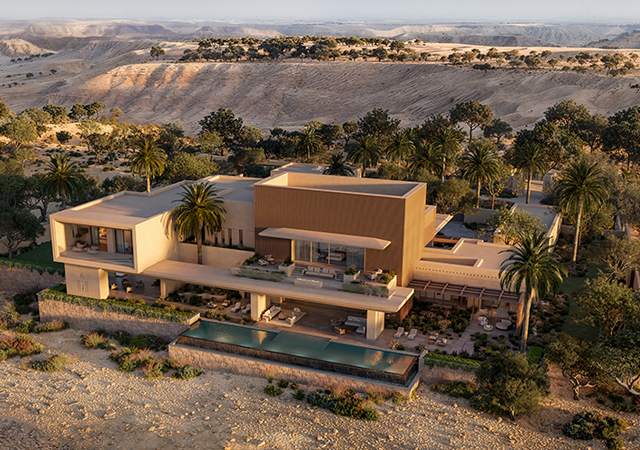
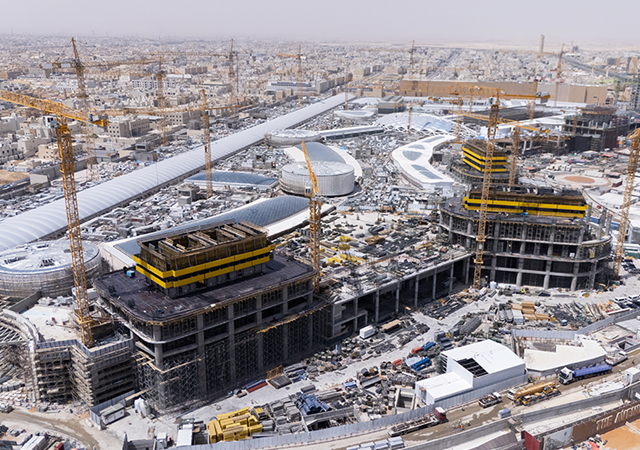
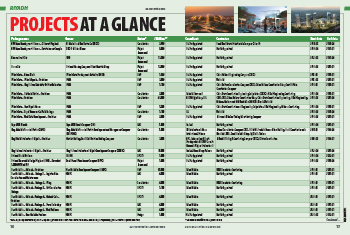
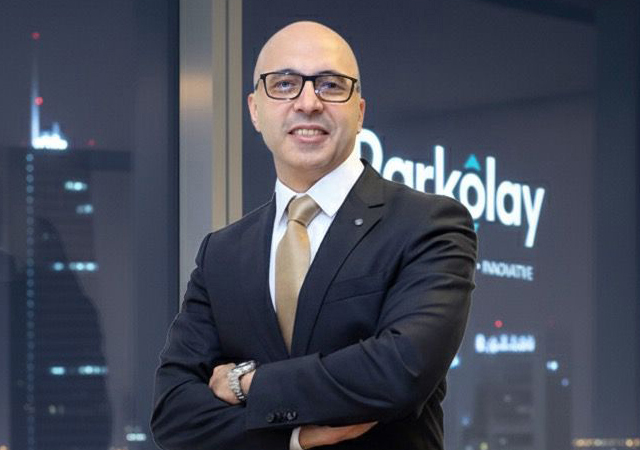
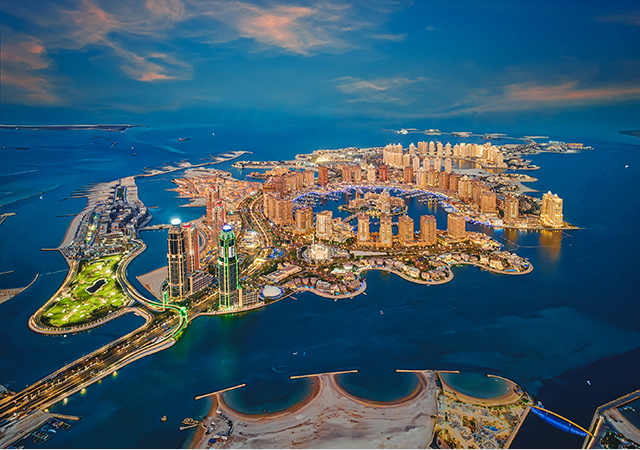

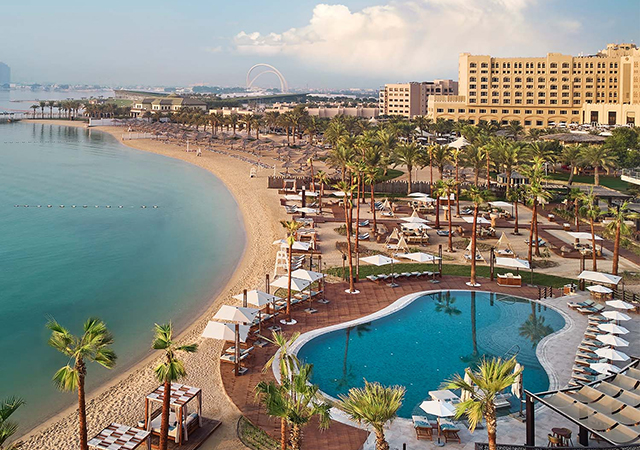
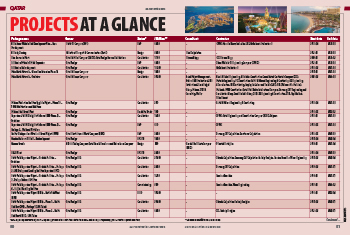
.jpg)
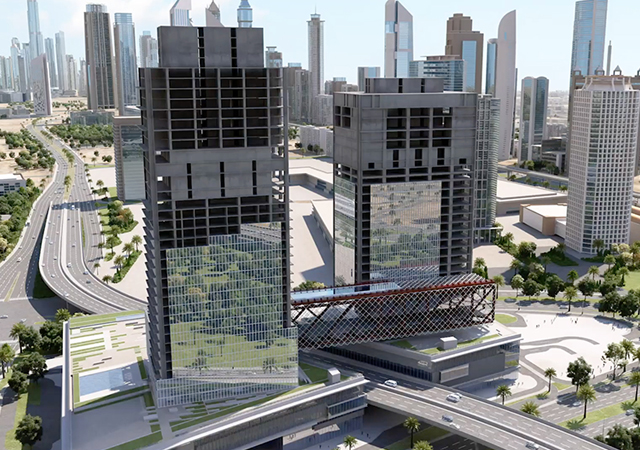

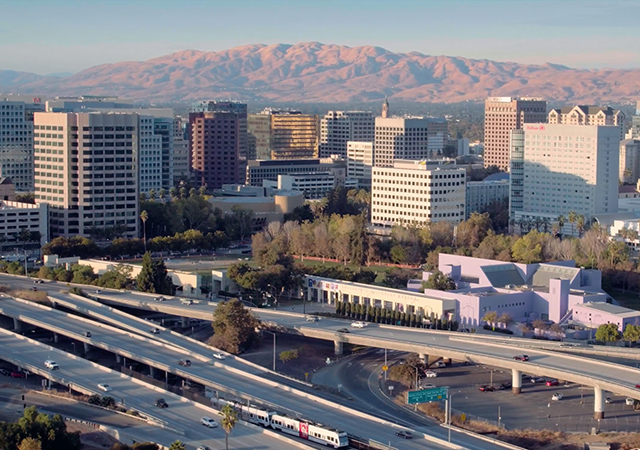


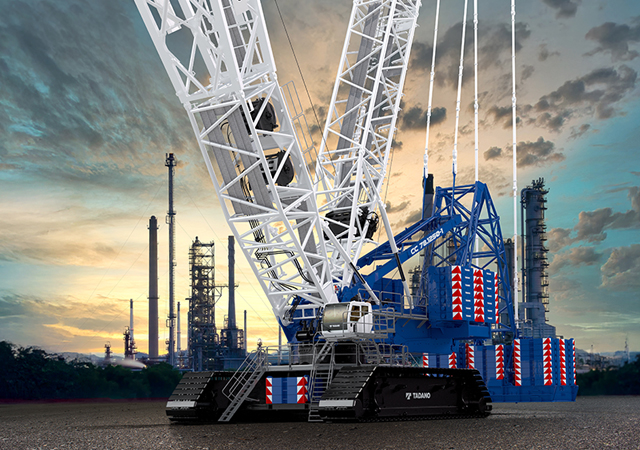
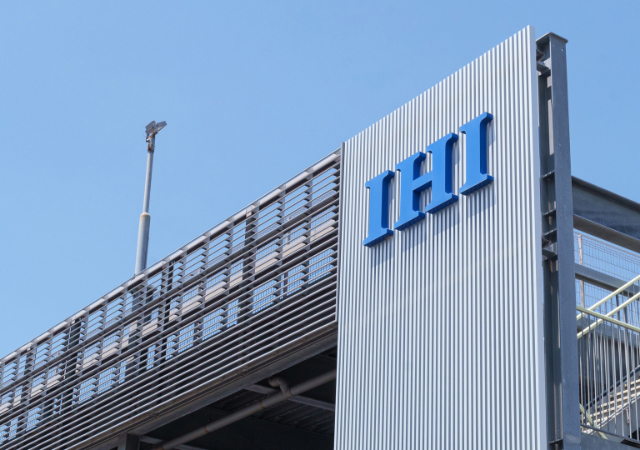
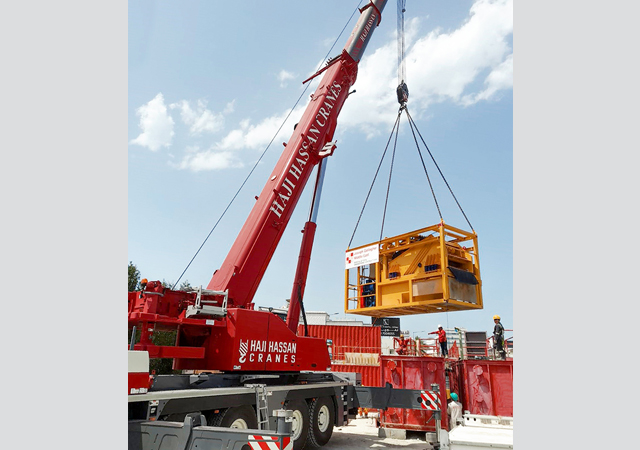
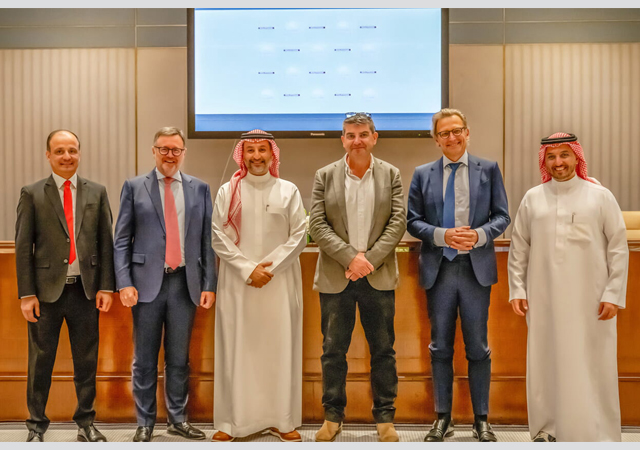
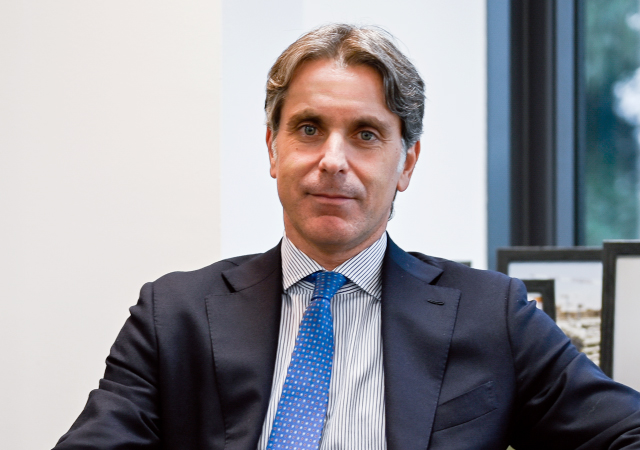

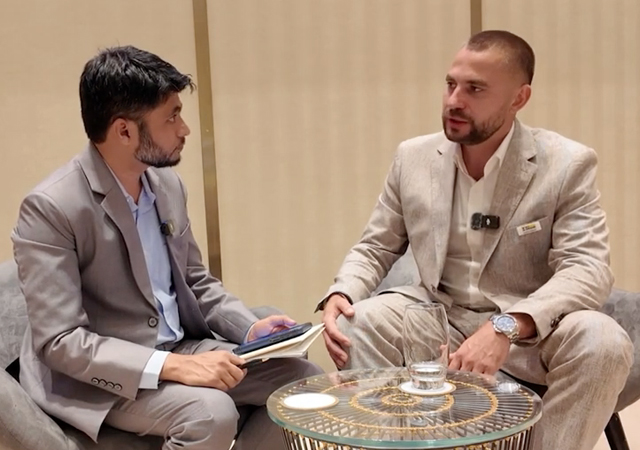
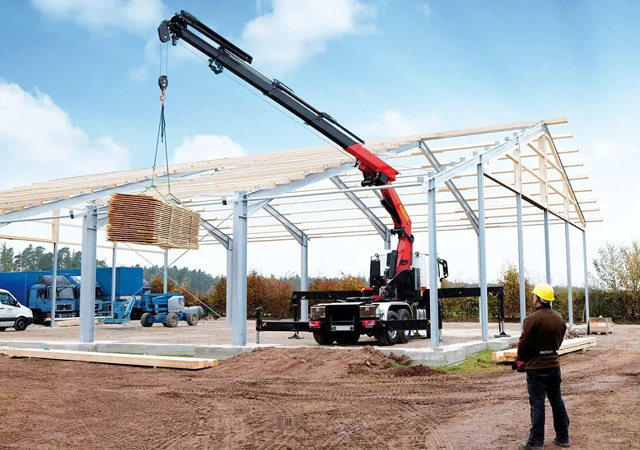
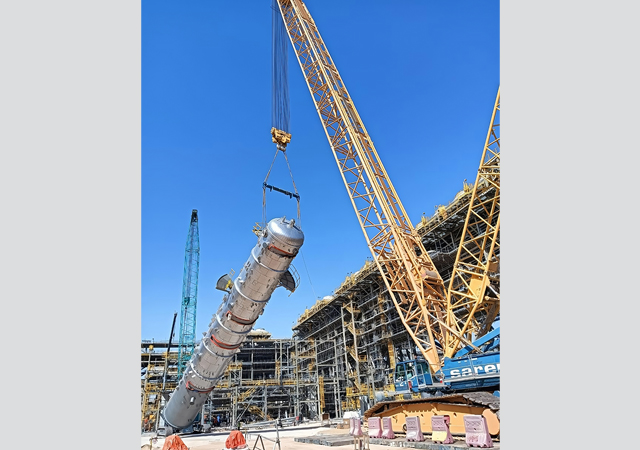
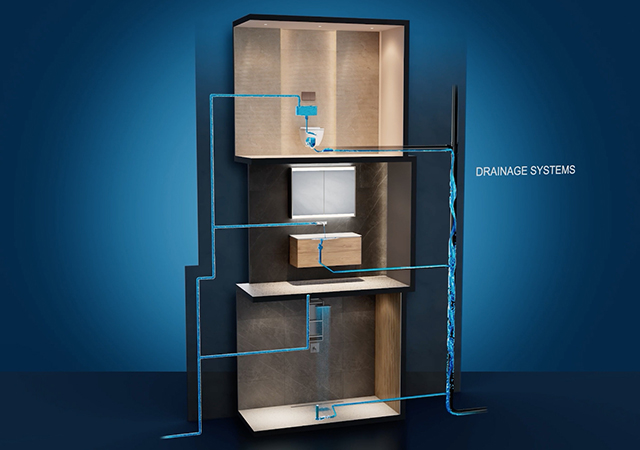
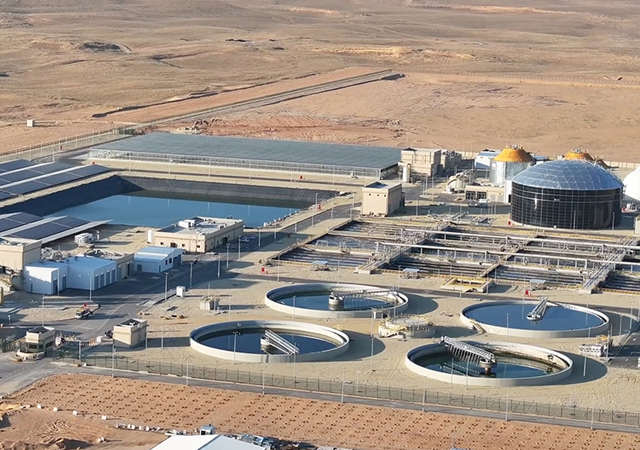

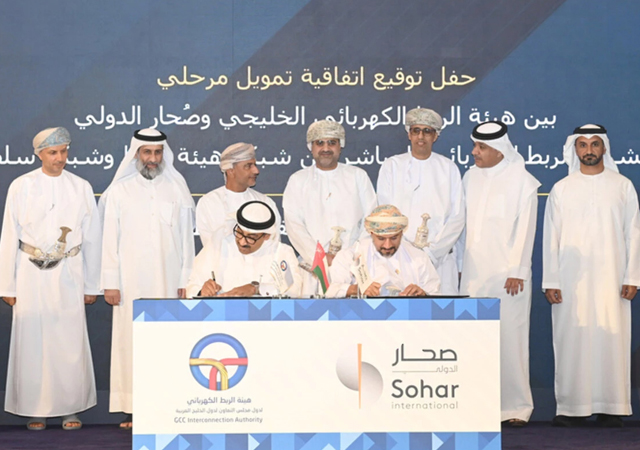
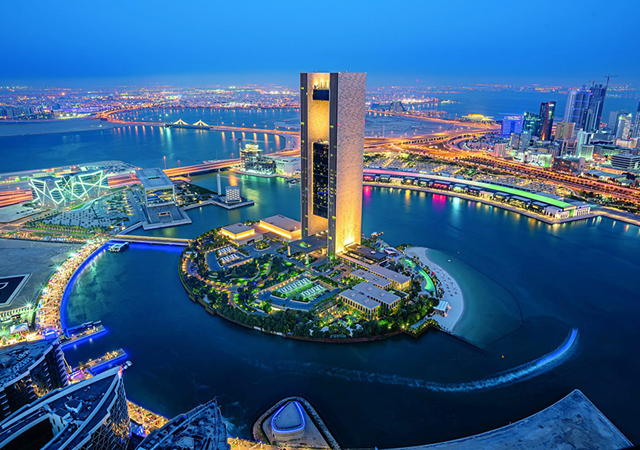
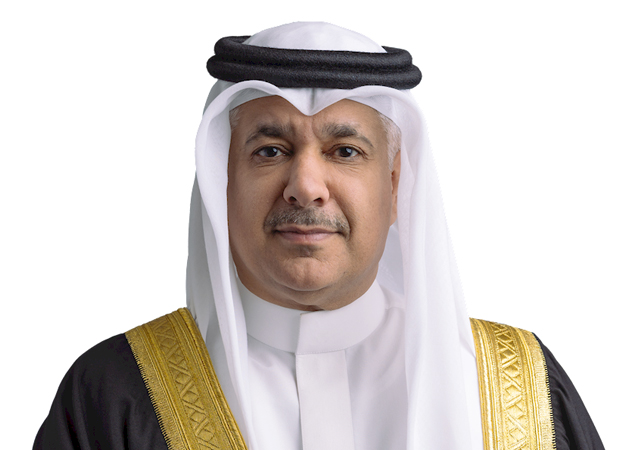
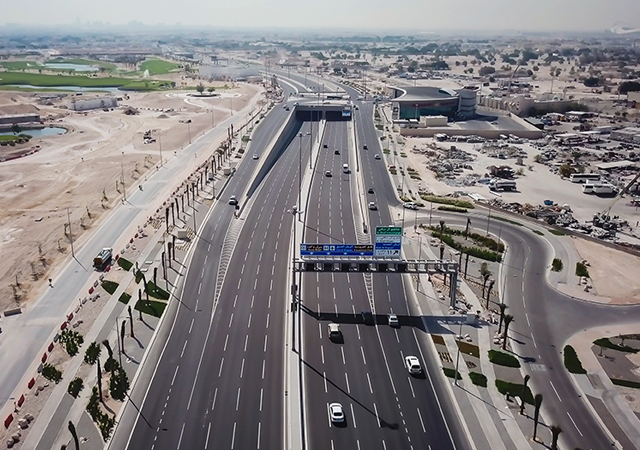
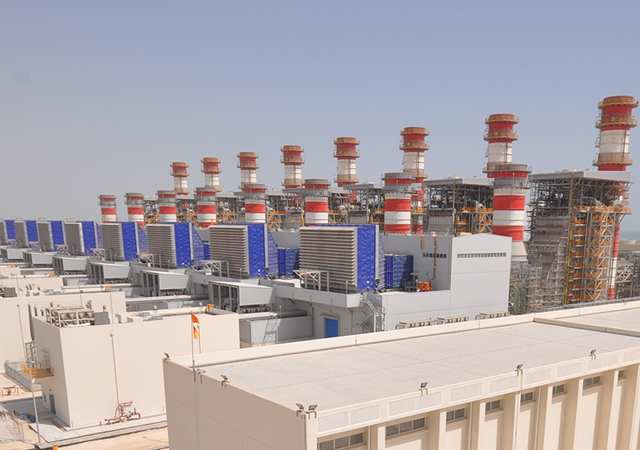
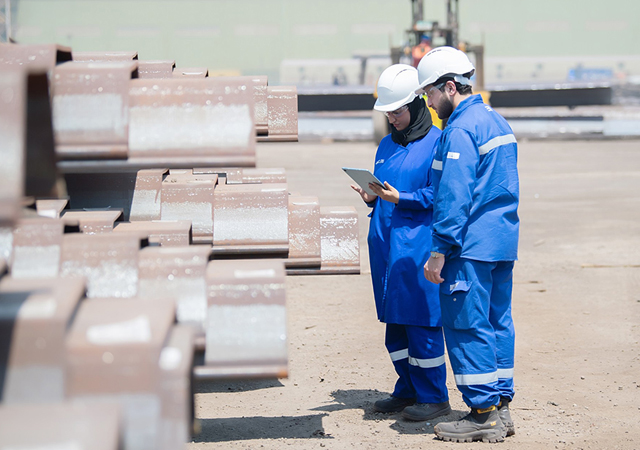
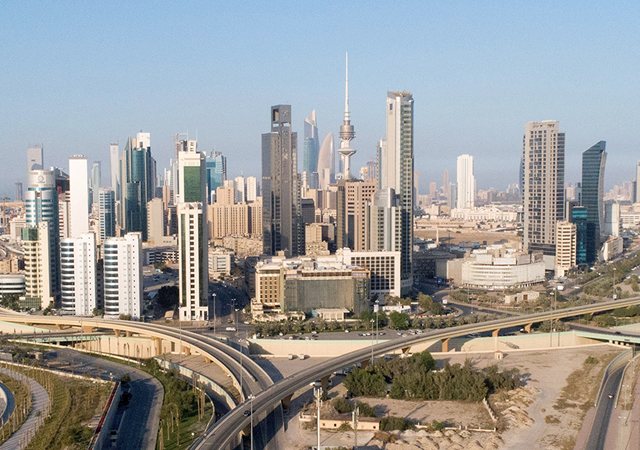
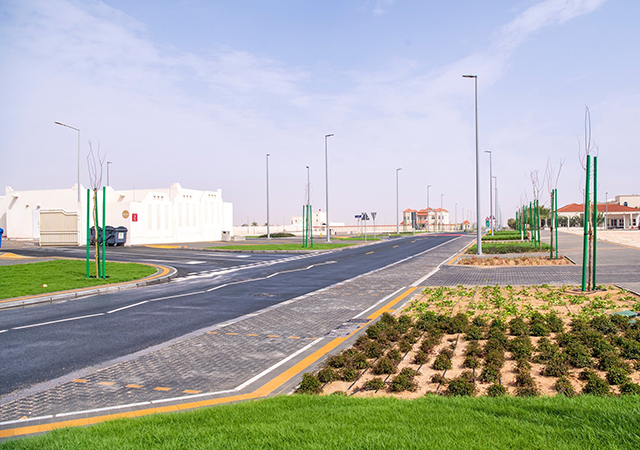
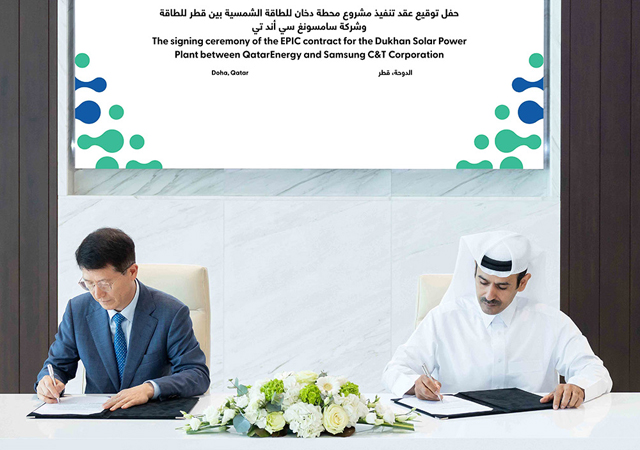
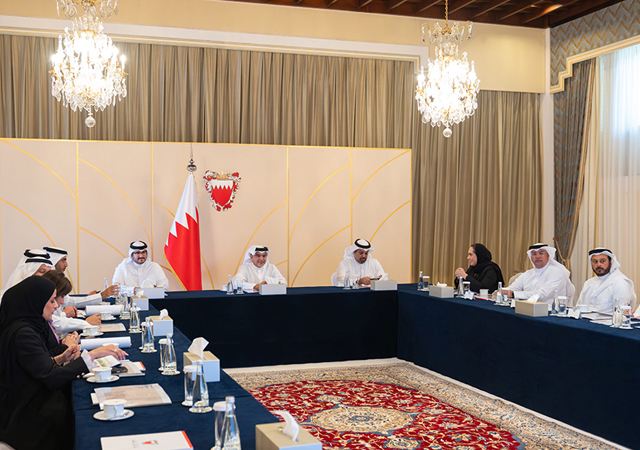

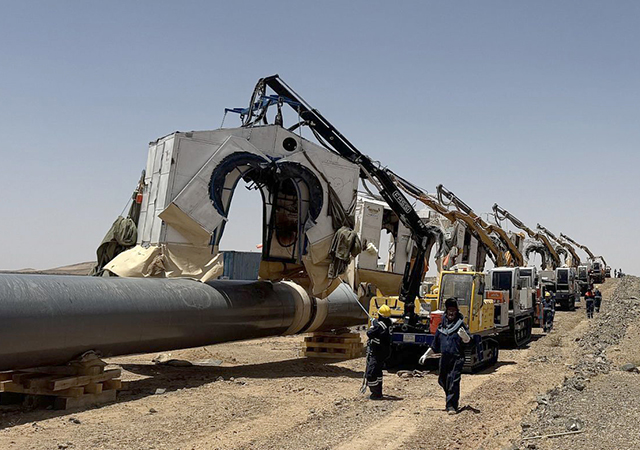
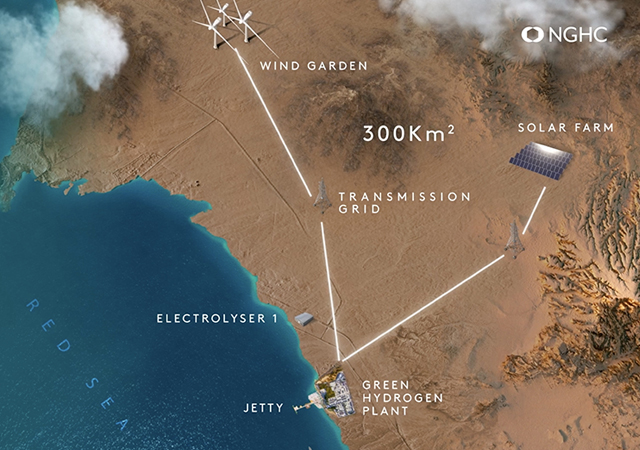
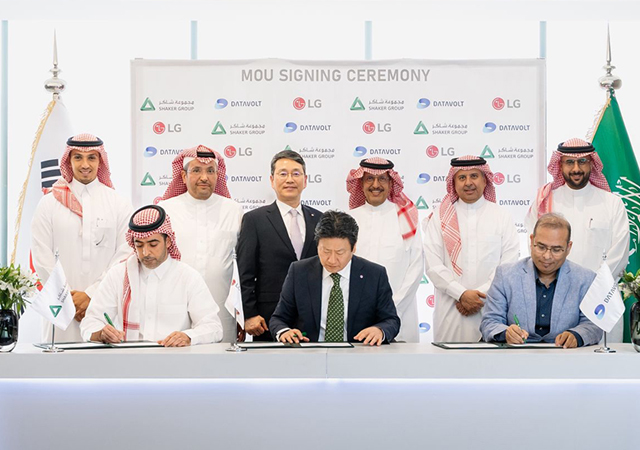
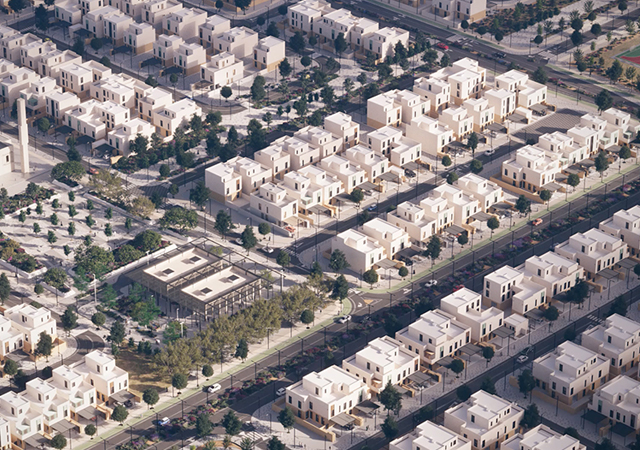
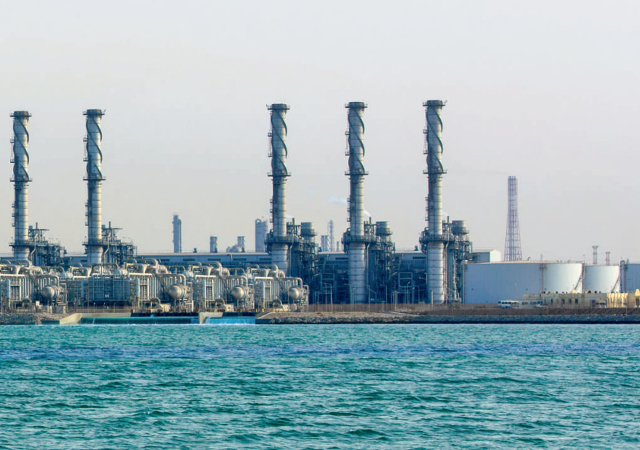
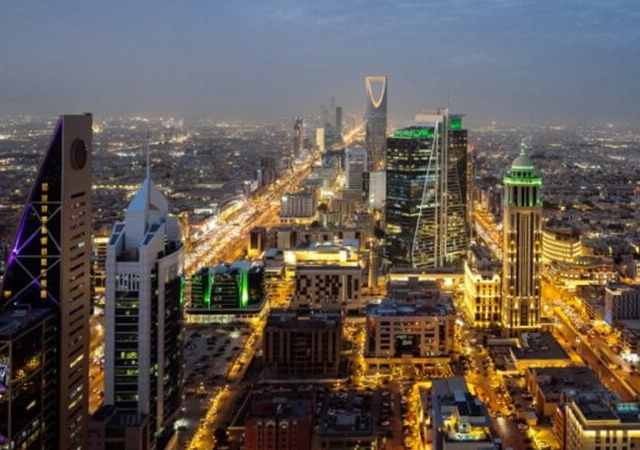
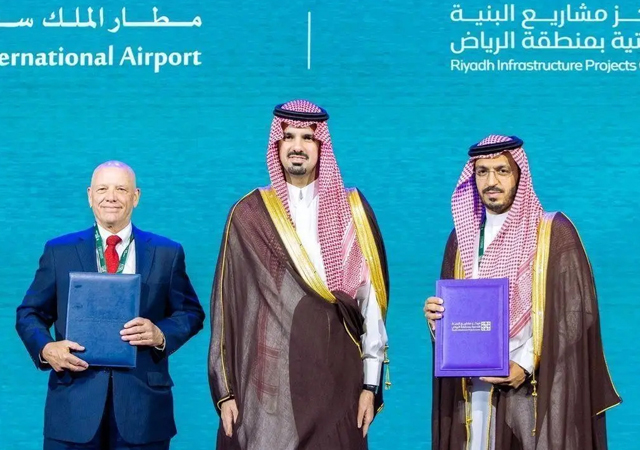

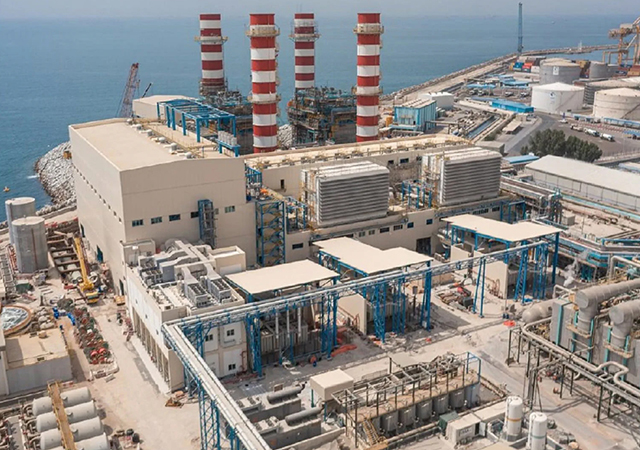


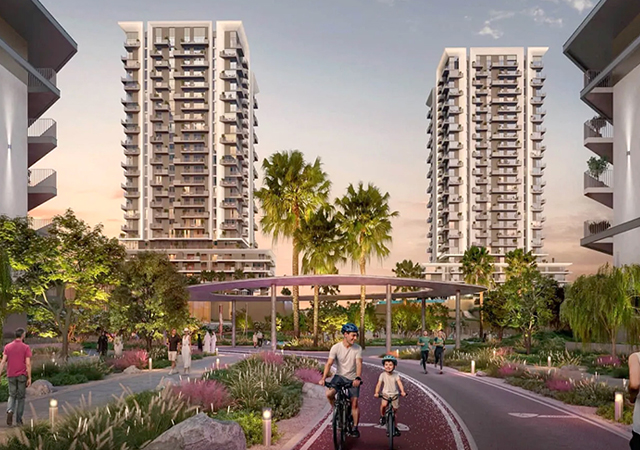

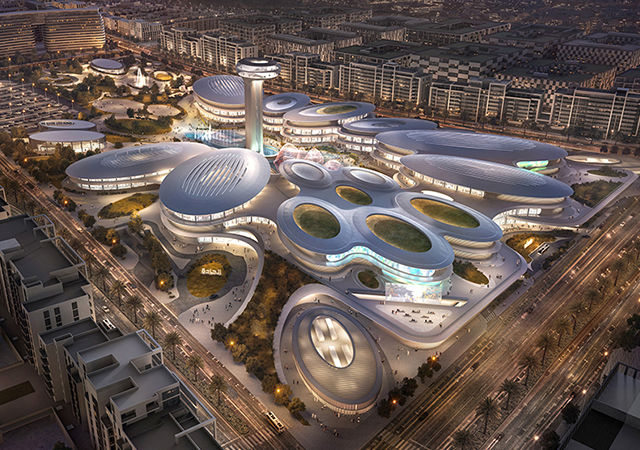
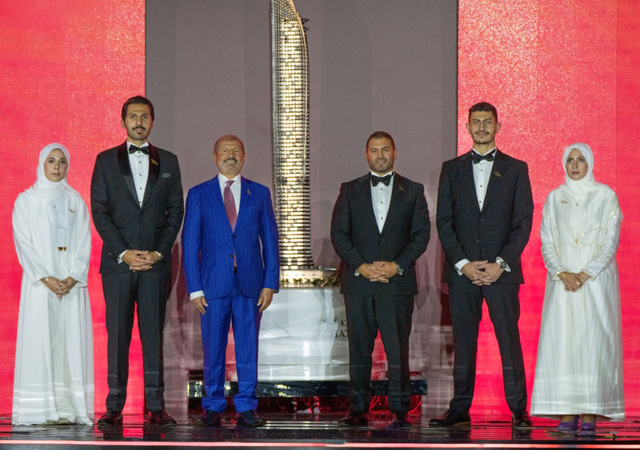
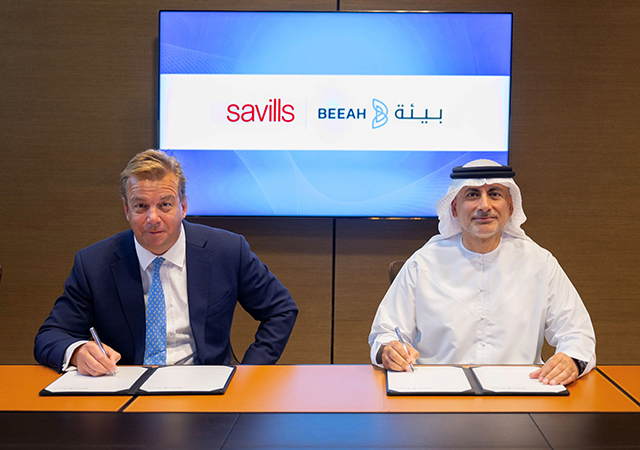


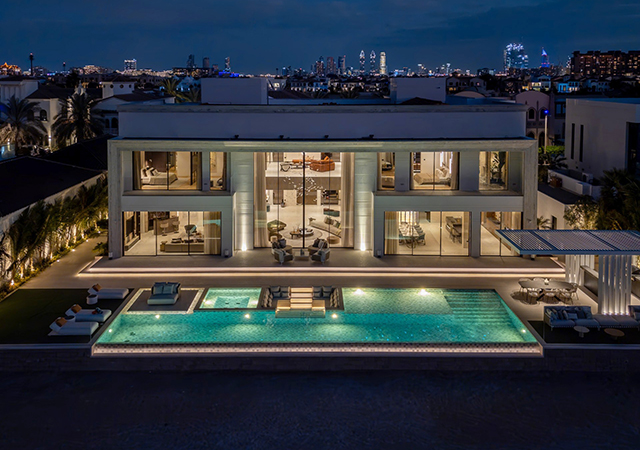

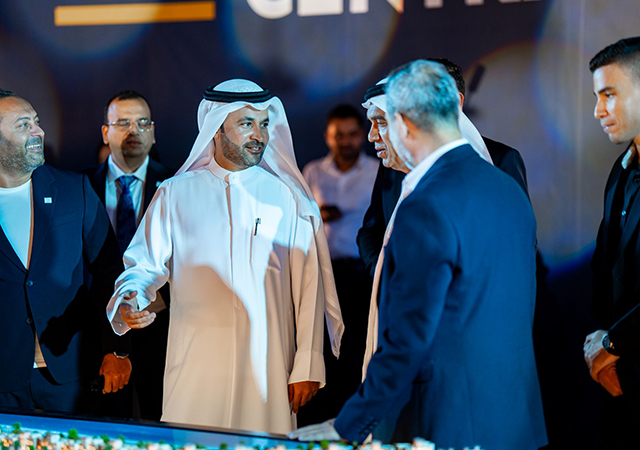

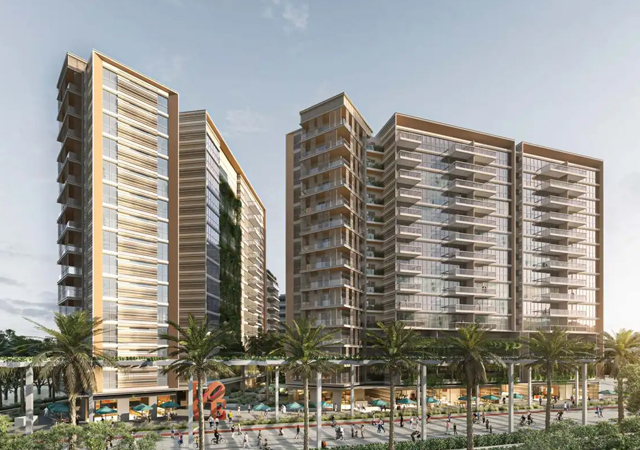
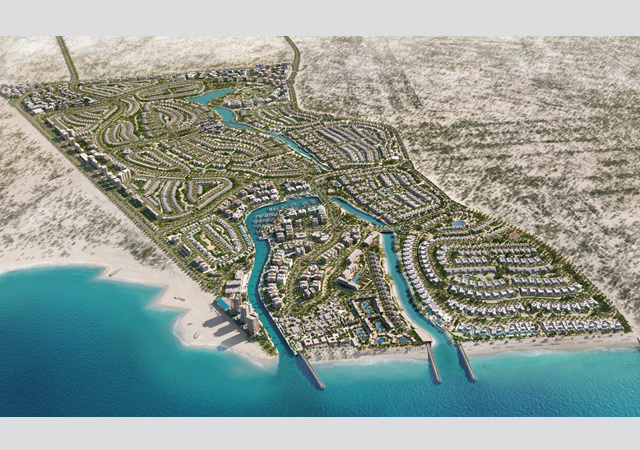
.jpg)
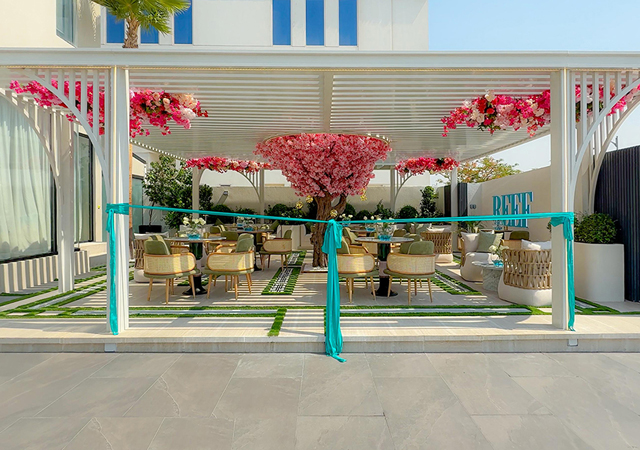
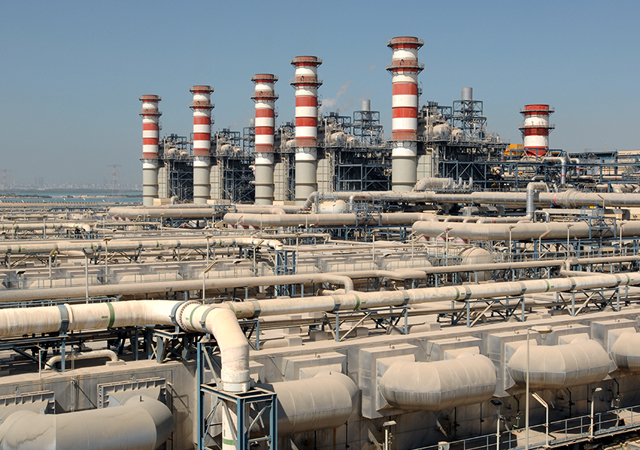
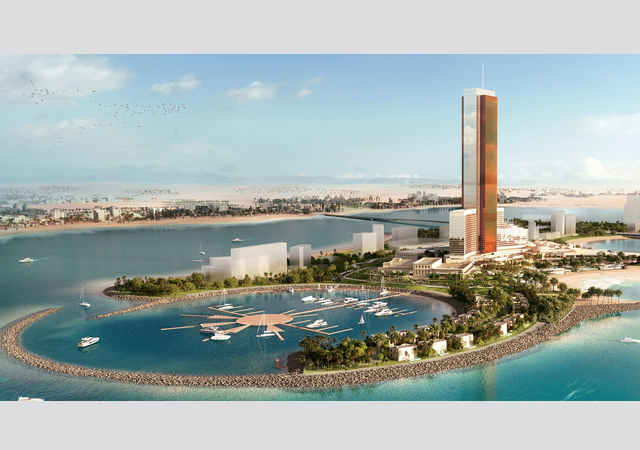
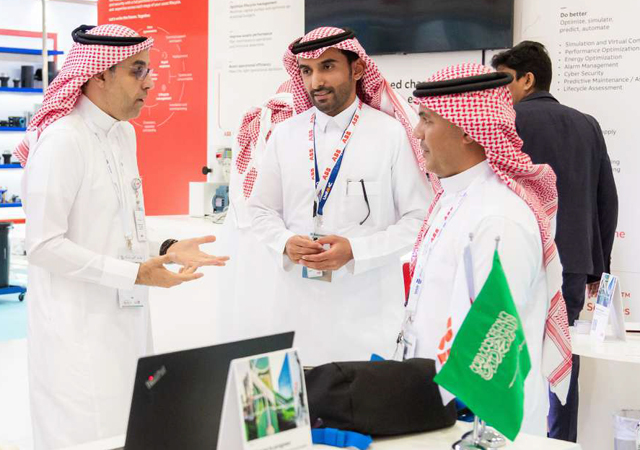
.jpg)
